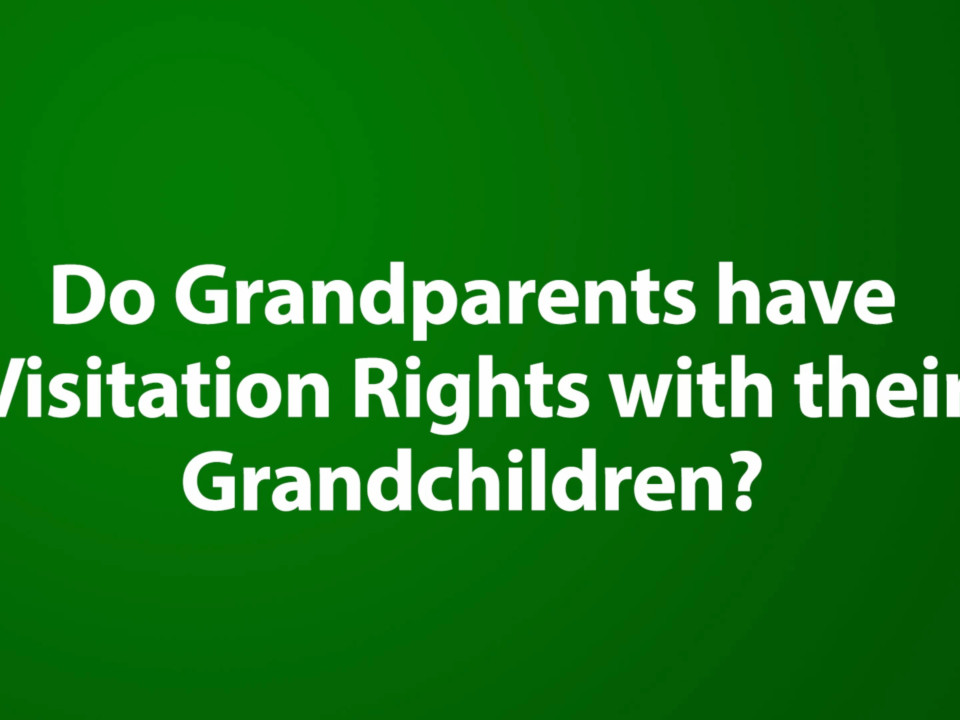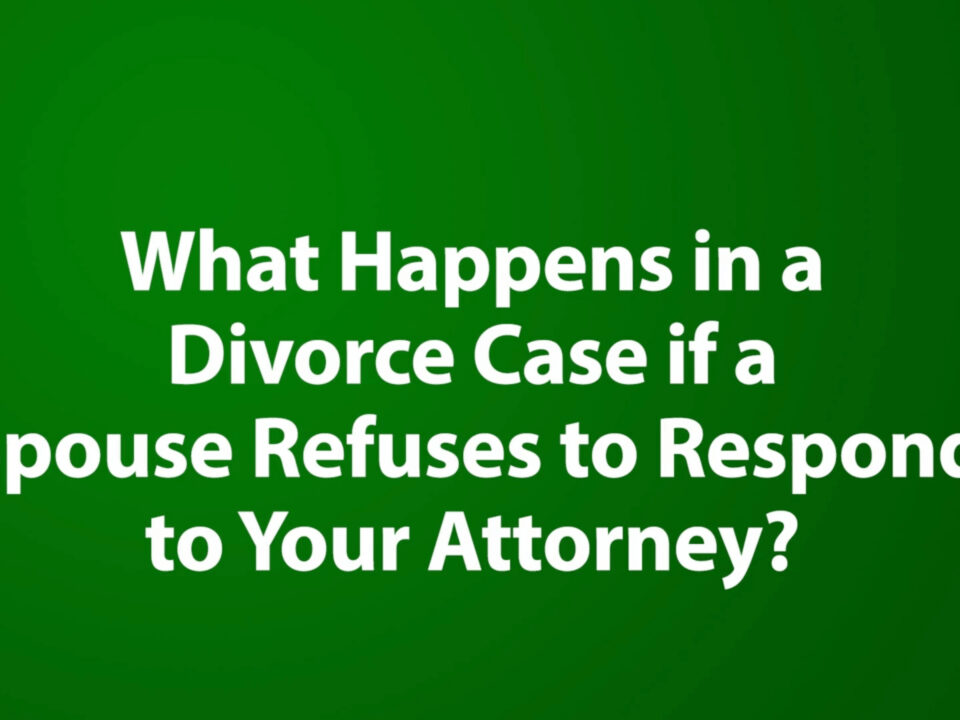Social media channels are great for connecting people. But when it comes to a divorce, communicating with your soon-to-be-ex (or about him/her) on a public platform is not the smartest idea. Social channels can add a whole new dimension to an already-painful breakup, and they can complicate and potentially hinder your divorce process.
There’s no doubt that going through a divorce is tough, but by following some basic social media best practices, you can minimize the amount of stress that social media can potentially add to your situation. This applies to all social media users – regardless of situation. However, those going through a divorce need to remember that this information, once posted, is discoverable evidence which can be used by an attorney.
What you post matters.
When people are hurting emotionally, it can be therapeutic to share their feelings of anger, sadness and frustration. In today’s society it is common for people to share these feelings on social media platforms like Twitter, Facebook and Instagram. Please think before you post!
For example, someone might post or send a direct message to their soon-to-be-ex saying something like, “If you don’t give me more custody, I’ll publicize your secret.” Or another may tweet something such as, “I know what you did, and this isn’t over.” And since social media is so engrained in people’s lives today, it’s even more common for each party to post everything they’re doing and vent to their followers. Not a good idea. Especially when messages can be interpreted differently by different individuals.
Where can evidence be found on social media?
Evidence from Facebook, Twitter, Instagram, Snapchat, personal blogs, and other channels has been used in all types of family law cases. Sometimes this evidence can be critically important, and some of these things posted can determine certain outcomes:
- Spending habits – If you constantly post where you’re eating, what stores you’re shopping at, or tell your followers what you’re buying, this information can establish a negative opinion about your spending habits and that may be used against you.
- What you’re doing – Posting about parties you attend or other dangerous and/or reckless activities you’re partaking in, can establish an opinion for how responsible you are as a parent, which may ultimately result in custody issues.
Does Privacy Matter?
You may think the solution to all of this is to make all of your posts private. But even if you set your privacy settings to the highest level, it doesn’t mean that other people can’t find your posts.
If questionable posts and messages are completely deleted, it’s important to know that once something has been posted or sent on any social media platform, it’s out there and considered discoverable evidence. Even if you take a post down, you can’t take it back, because during the time it was up someone may have shared it, taken a screenshot, or found another way to get your information.
Let Us Help
It’s important to be smart about what you post on social media. Negativity and attacks aren’t going to get you anywhere. In reality, they can be extremely detrimental to your case.
If you are going through a divorce, get in touch with us. We have family law attorneys who are ready and willing to help your divorce process go as smoothly as possible.
Image courtesy of pixabay/Google.




